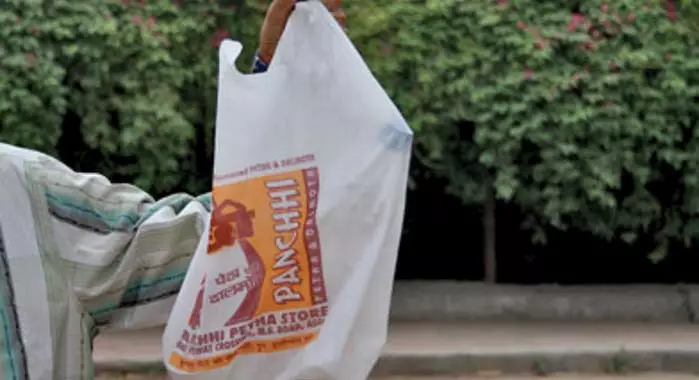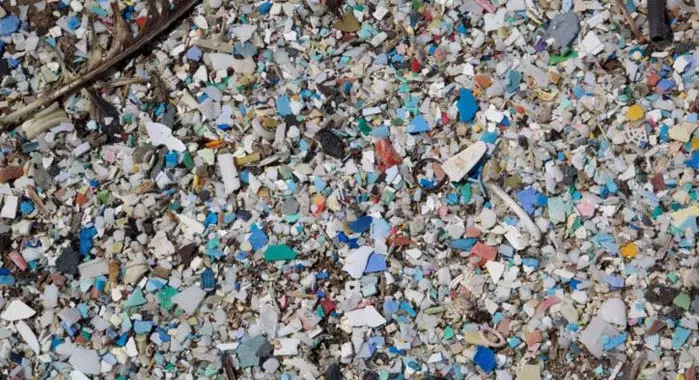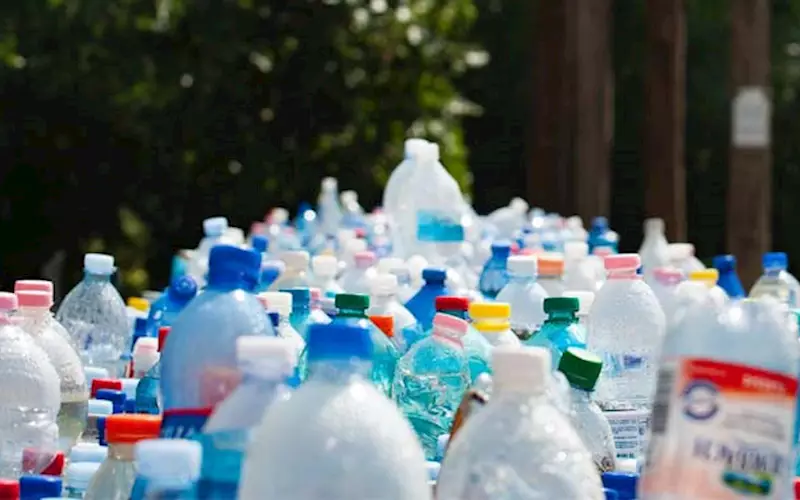Plastic regulations may be happy days for print
There is an anti-plastic tsunami right now. Take a walk to any public space like a beach or a park in Mumbai city, and you will see carelessly discarded plastic detritus. All of it has resulted in outrage about the use of plastics and urban society’s throwaway culture.
26 Mar 2018 | By Priya Raju
Last month, there was a ban on the importation of plastic waste by the Chinese government. Plus fresh awareness and an understandable rethink from major brands and retailers on their use of plastics. Every organisation that our sister magazine, WhatPackaging? interacts with is looking at green sustainability, recyclability and how to eradicate unnecessary plastic waste. A number of retailers and brands have now pledged to reduce their use of plastics, including a pledge from Iceland to eliminate or drastically reduce plastic packaging on own-label products by the end of 2023.
Which is why the Maharashtra governments decision to ban plastic is welcome.
The state government has authorised and empowered municipal officials of corporations and councils, officials from the District Collectorate, Zilla Parishad, Maharashtra Pollution Control Board, Maharashtra Tourism Development Corporation, Health, Education, police officials, traffic police, district supply officer, state tax officials, Range Forest Officer and others who will be able to take action towards implementation of the regulations.
The decision, however, has come in a diluted form as against the draft published by the government. The department has omitted items such as flex, non-woven polypropylene bags, banners, flags, decorative door hangings, plastic sheets and plastic wrappers.

According to the sources in the Environment department, the ban will be effective only on the manufacture, use, storage, distribution and sale of plastic carry bags, thermocol and plastic plates, cups, glasses, forks, bowls and spoons.
As of now, the ban will not be applicable to plastic bags or plastic used in packaging of medicines, compostable plastic bags or material used for plant nurseries, horticulture, agriculture and handling of solid waste.
The partial ban is attributed to the pressure from plastic manufacturers, who held a protest in Mumbai. The manufacturers had asked the government to rethink the decision and ensure strict implementation of plastic waste management rules since it will impact the Rs 4500 cr SSI firms in the plastic industry.
Most folding carton converters, paperboard suppliers and manufacturers, PrintWeek India spoke to said, "This is an exciting time for the carton industry." When probed why? There is a backlash against plastics. It’s a really interesting time for cartons because it’s the only material that’s truly sustainable."
Paper suppliers said, paper and cartonboard is one of the most environmentally friendly materials, and the industry must convince the government about the advantages of cartonboard instead of plastic materials."

Suddenly, there is a renewed interest in innovations, to make cartons and paper bags for purchasers and consumers. Three firms we spoke to said, they have been receiving new enquiries as a result of the plastics crisis. A spokesman said, "We are also looking at cartons that have barriers, for example, a PE layer, and working with coating manufacturers on water-based food grade coatings."
A senior official in a plastic company said, "Packaging is a service industry – we do what we’re asked to do".
Furthermore, alternative packaging solutions for food and drink packaging will require time to be introduced into the market.
And so, the question everyone is asking is, is the plastic ban be more of a threat than an impending reality?
A buyback depository scheme for PET bottles
A predefined buyback price to be printed on each bottle
Bottles with a capacity of 1 litre and 0.5 litre will have a buyback price of Re 1 and Rs 2
For milk bags, the price should be not less than 50 paise
PET bottle manufacturers, milk dairies, traders and retailers to establish a collection and recycling system
PET bottles with a capacity of less than half a litre will be banned
PET manufacturers, producers, sellers and traders to be severely impacted











 See All
See All